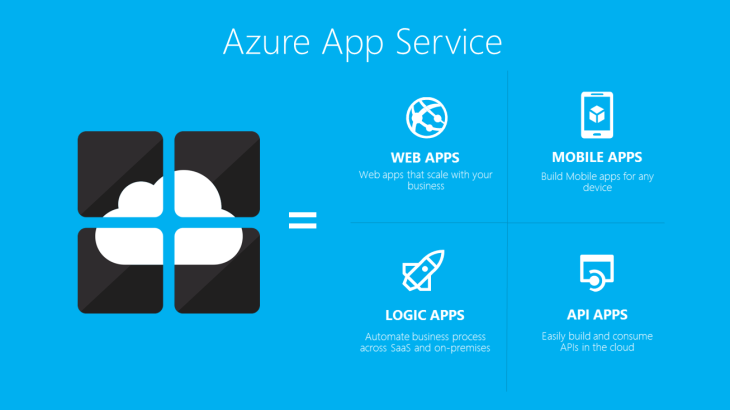The conventional approach to hosting web applications and websites requires running Internet Information Services (IIS) for your business. SSL encryption, URL rewriting, and HTTP compression, and all such mission-critical features can be managed using IIS. The performance of your website can also be monitored using IIS. To sum up its overall applications, all the core features of your web applications and websites can be handled by IIS running on Microsoft Windows.
But the introduction of cloud computing has brought the revolution to the ways in which web applications and websites are hosted and managed. Azure App Services is a Platform-as-a-Service (PaaS) introduced by Microsoft to optimize the development, management, and hosting of web and mobile applications. Let’s shed some light on the benefits of shifting from traditional IIS to Azure App Services.
Maximum Availability
The reliability of your IT infrastructure depends on its availability and ability to recover from unexpected failures. Azure App Services offer up to 99.95% uptime under their Service Level Agreement (SLA). Azure App Services come with the finest failover mechanisms to ensure that your application can quickly recover from hardware failure or other such issues in no time.
Azure App Services allow your application to run multiple instances at the same time across different servers and data centers. The availability of your application is no longer dependent on a single instance. The failover mechanism allows your application to switch traffic to some other active instance in case of failure in the current instance.
Easy Access to Multiple Azure Services
Some applications are very complex and require the integration of other specialized services for optimal performance. This is where Azure App Services make it easier for developers to easily integrate their applications with other Azure services such as Azure SQL Database or Azure Storage. Now businesses can develop, host, and manage even the most complex web applications using Azure App Services.
Reduced IT Overhead
One of the major reasons behind the massive popularity of cloud services is the minimization of dependency on the human workforce. Your underlying IT infrastructure won’t require a dedicated team of experts to look after hardware and software. Microsoft manages and overlooks all the ins and outs of your infrastructure running on the cloud.
To add to the benefits, businesses also get better security features like SSL/TLS encryption, Web Application Firewall, and other amazing features to improve their application security.


